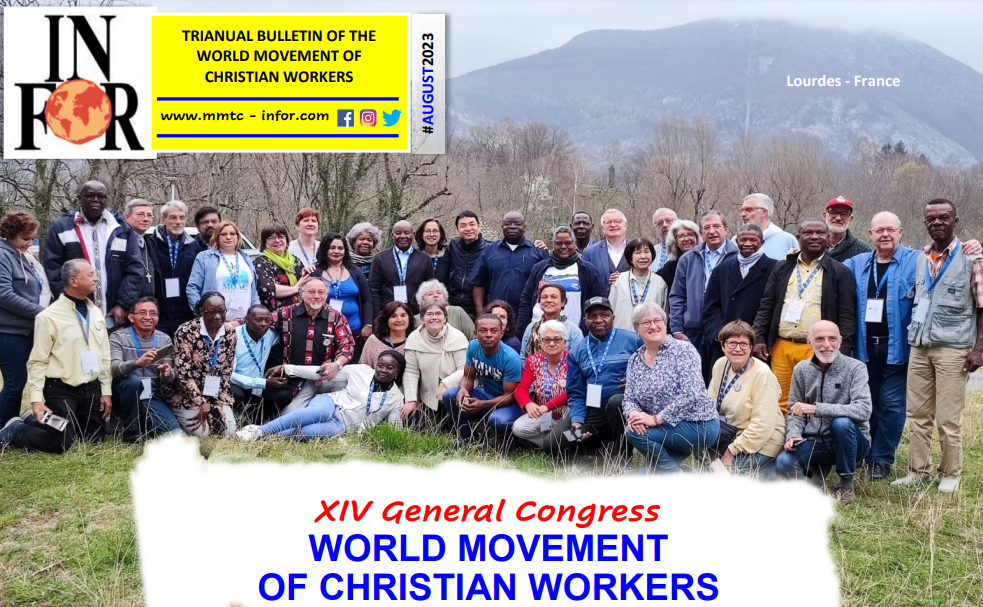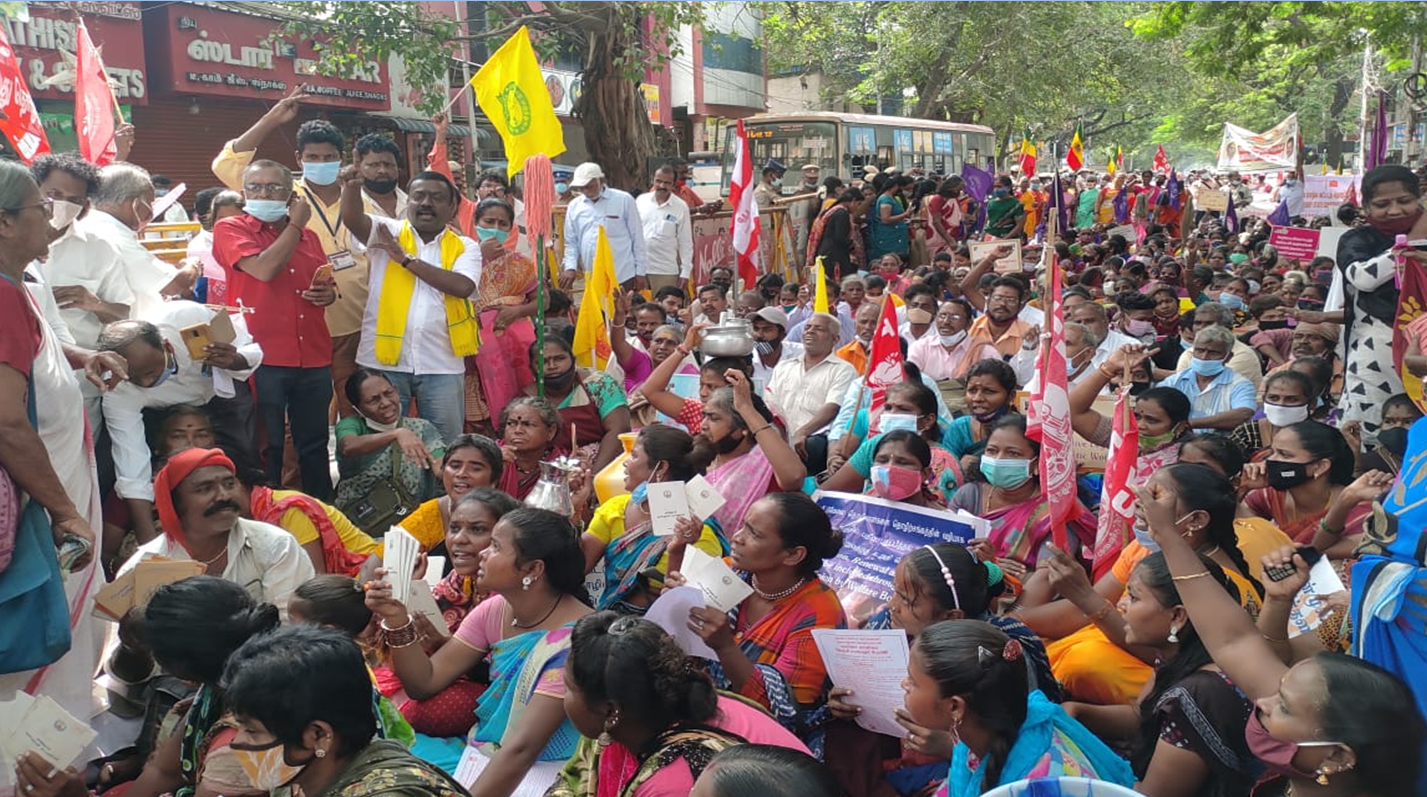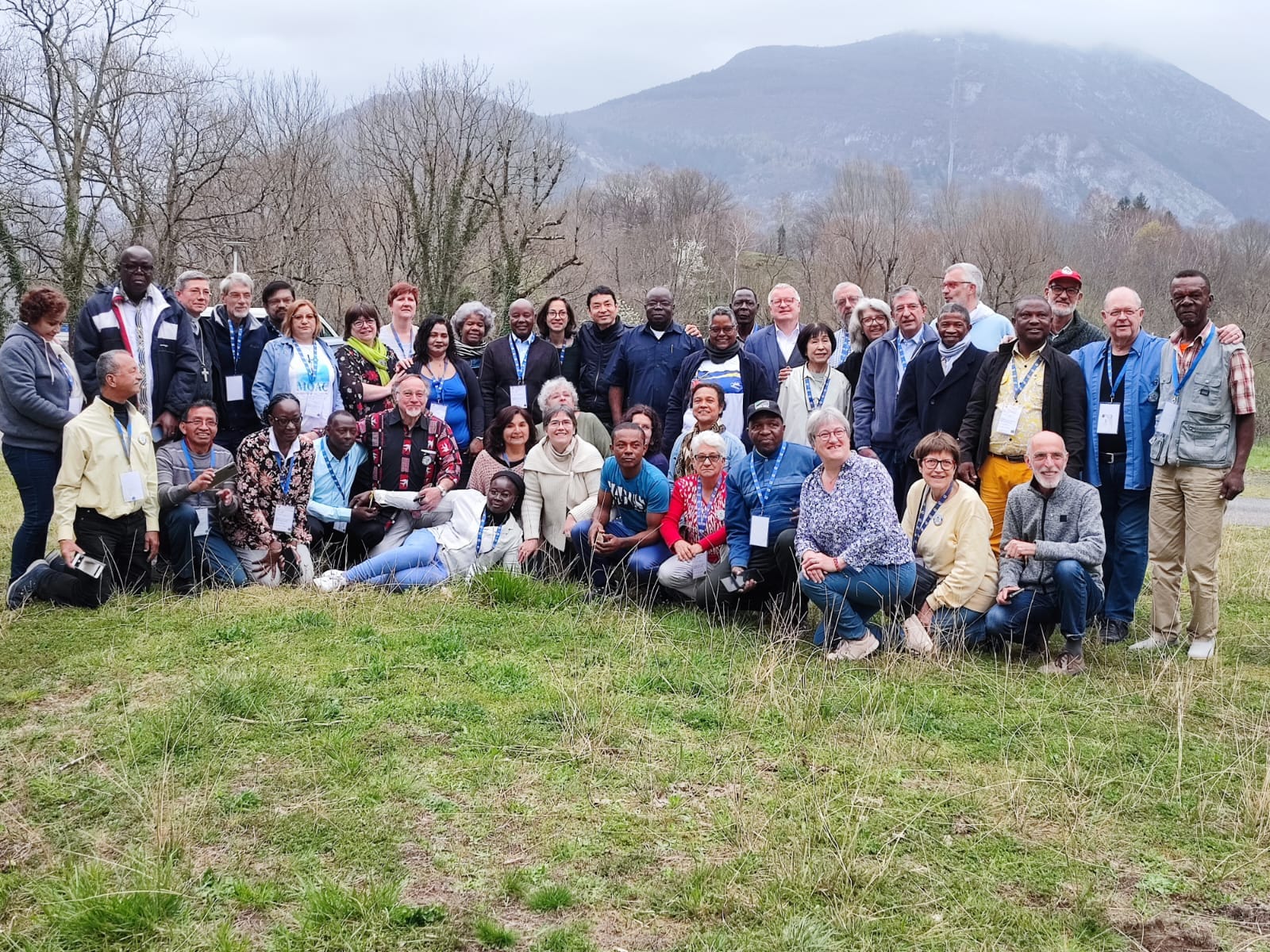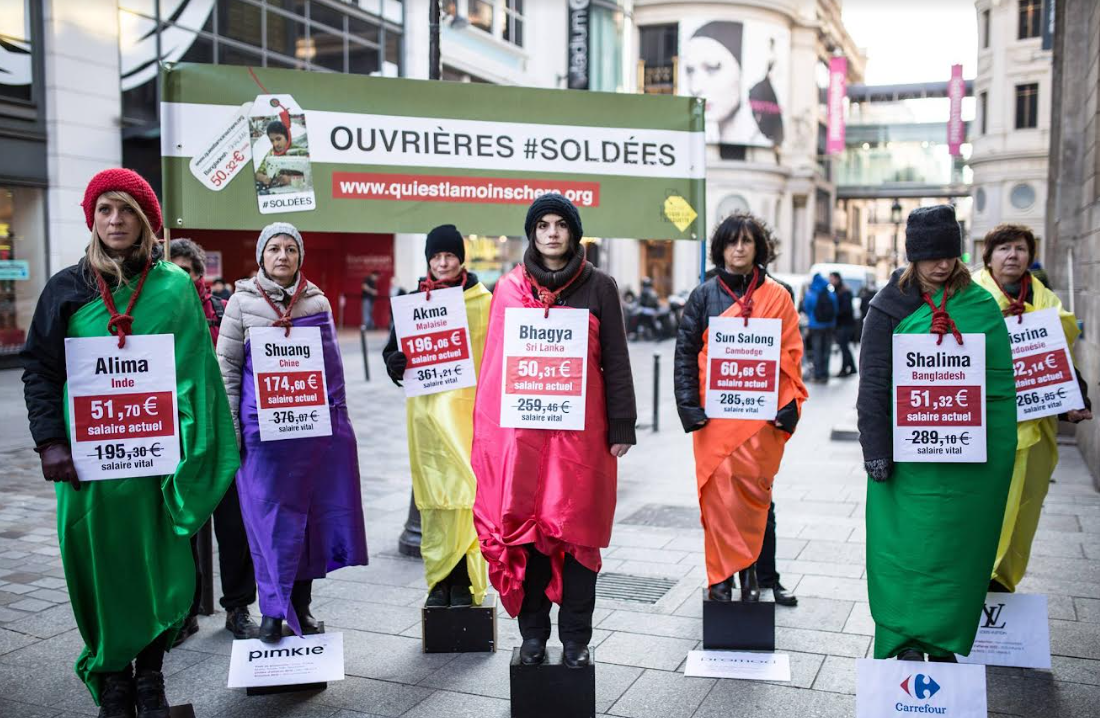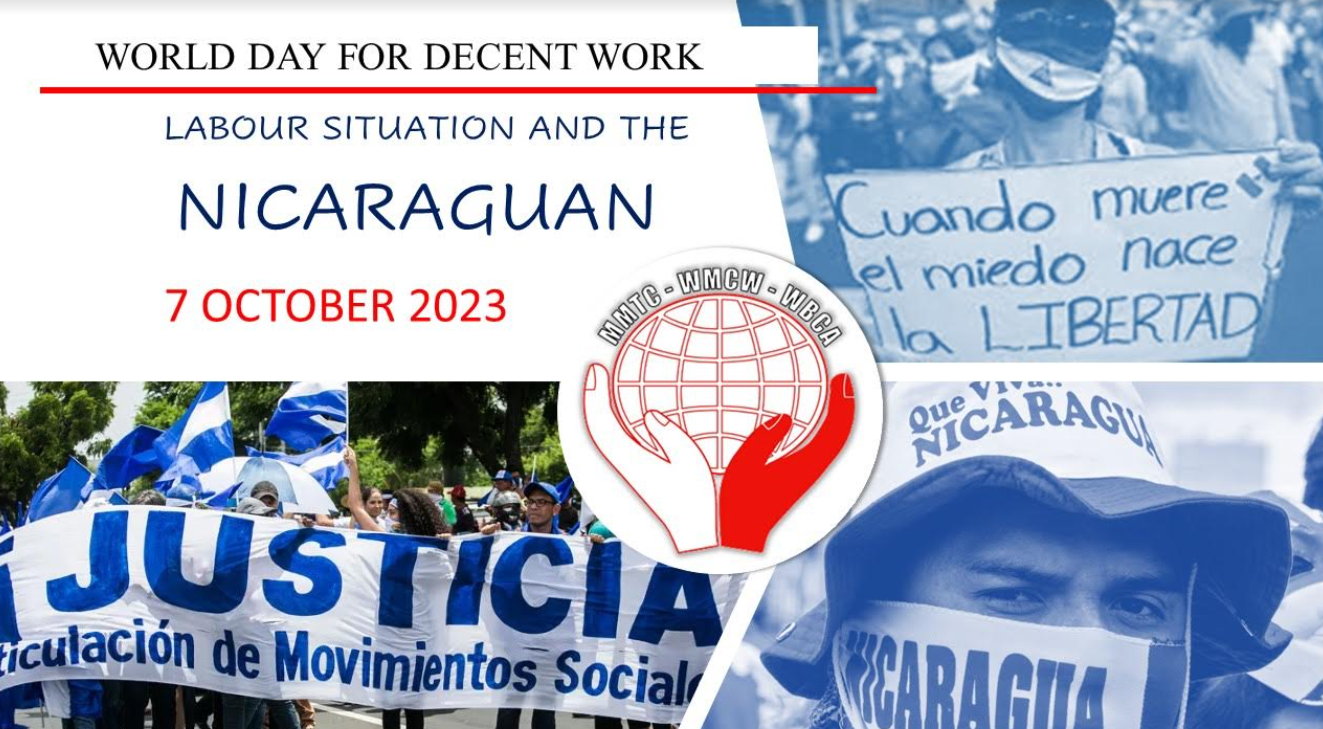
“Decent work is productive work that provides fair income, rights, social protection and supports sustainable economic growth. It is a source of dignity and the foundation of peace, social justice, greater equality”, this is what we find on the ILO website. This year, Nicaragua is witnessing the reality experienced by its population on this subject. Following them, we invite all movements to seize this day to take up this question.
The country is experiencing a strifling and distressing overview for the Economically Active Population (EAP) who aspires to have a decent work and fair wages which fulfills all the basic needs and the expectations that an average family can have in Nicaragua.
At this moment, the economically active population of the country is 3.6 millions of people of which only a quarter part of it has a formal job, the rest of population is underemployed or has an informal job from which they earn some income to support their families.
In general, the population recognises that the lack of employment is the main problem facing Nicaragua.
This situation represents a serious problem for the Nicaraguan families, as the basic food basket of 53 products costs CS$ 19,503.61 cordobas, equivalent to US$ 538.77 American dollars when the current minimum wage ranges between C$ 5.196.34 cordobas (US$142.5) to C$11,628.95 cordobas (US$319.00).
This symbolises broadly what the country is living in relation to have a decent employment, with a fair wage which fulfills the expectations that every human being needs for subsistence.
In addition to the lack of a decent wage and the lack of a fair job, there are other aggravating circumstances which make the situation turn more unbearable in the current context of the country.
The main employer is the State and due to the political polarisation in the country, the workers are determined to be loyal, to obey and to be subordinated to the government of the day, the state institutions have not autonomy, because they are forced to participate in political activities that is causing a great desertion of the workers from these institutions to other countries.
In addition to these factors, the trade unions which should watch over for the workers’ rights are in the line of the government and they are biased before the demands arising from workers who are defenceless before this kind of outrage.
The private enterprise is other of the important employers of the country, however, due to the social and political situation that the country is living, and the pandemic of COVID-19, many companies have had to close or to migrate to other countries where better conditions are offered.
Many remaining companies in the country are transnational textil companies where the workers’ rights are abused and violated, because they are colluded with the trade unions and government bodies.
Meanwhile the informal job or the small businesses are the main resources of employment that the Economically Active Population (EAP) finds in the country as a means of earning incomes; this large sector of population has not any type of social security, occupational risk insurance or health insurance that let them enjoy a pension in the old age or medical coverage in case of a vital need for them and their families.
Before these circunstances, the migration to other countries es the only alternative that young people find, between 2018 and 2022, 604,485 people have left Nicaragua; 100,000, between 2018 and 52019; 14,773 in 2020, the year of pandemic when most countries closed their borders; 161,269 in 2021 and 328,443 in 2022, the main destinations are United States and Costa Rica, as well as lesser extent Spain, Panama and Mexico.
The family remittances are a fundamental pillar on which the Nicaraguan economy, more than 850,000 homes depending on the families remittances, this represents the half of the family nuclei in the country.
he civil society organisations such as MCW Nicaragua are working for that the communities that we are present, people have basic and necessary information that let them know their labour rights (Labour Code), we are also teaching and guiding the groups of women we work with migration issues so that when they have to travel to other countries they know and have basic information about which are their labour rights in the countries where they are received and in the search of resources to support to organised groups with their enterprises or small businesses so that the families have some incomes that let them survive in the midst of this difficult situation.
For the momento, the labour situation of workers in the country is seen very dark, there is no sign of stability in the macro-economy, especially the workers, to enjoy their rights according to the country’s political constitution.
For the time being, the labour situation of workers in the country looks very bleak; there is no sign of stability in the macro-economy and conditions conducive for national and foreign investors to make their investments in a climate of security, social and political stability, allowing all sectors involved in the economy, especially the workers, to enjoy their rights according to the country's political constitution.
Message written by MCW Nicaragua
WORLD MOVEMENT OF CHRISTIAN WORKERS




